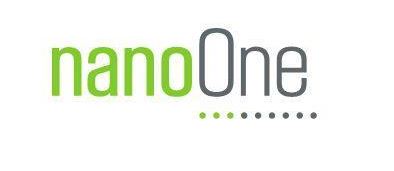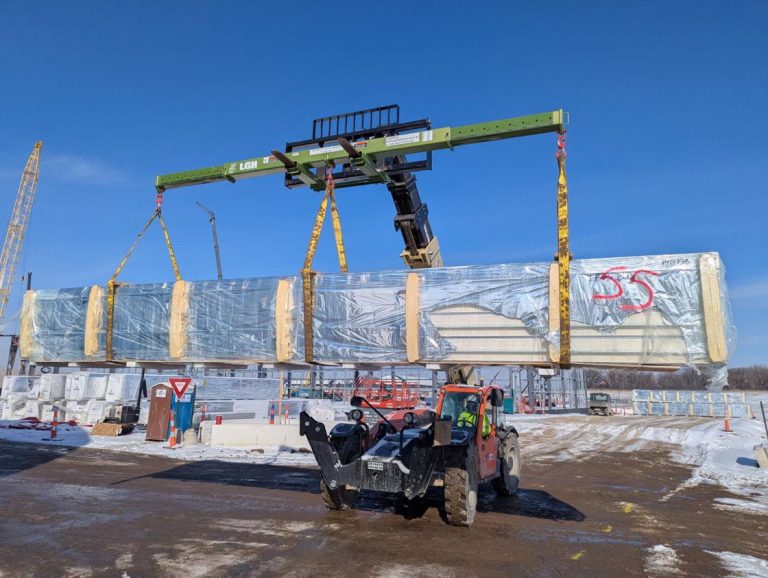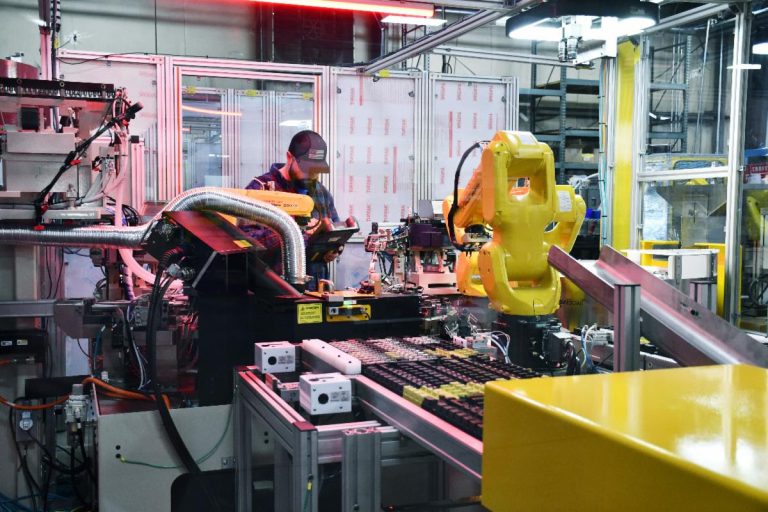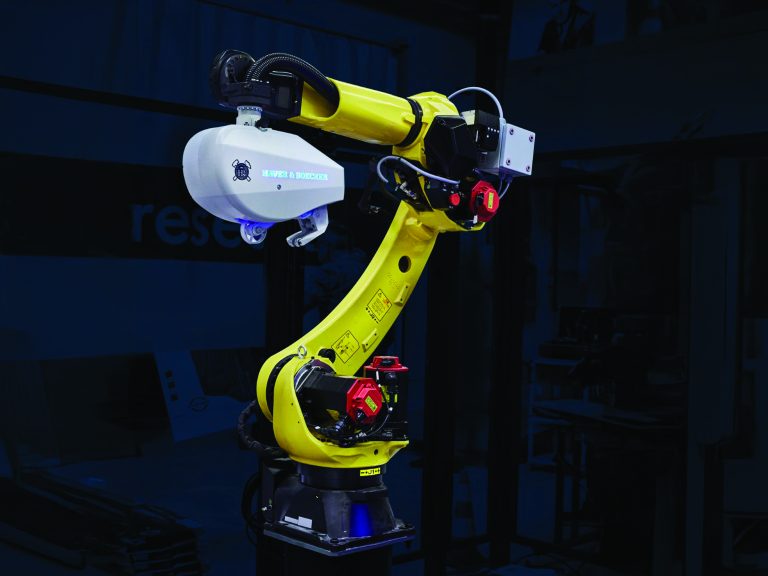-
Commencing shipment of samples for partners to validate tonne scale LFP in Q4
-
Repeated One-Pot LFP trials demonstrates technology at commercial size reactors
-
Accelerated retrofit of Candiac for continuous production of LFP
-
200 tpa reactors installed and optimization underway
-
Building pipeline of potential customers for LFP product orders
Nano One® Materials Corp is a clean technology company with patented processes for the production of lithium-ion battery cathode materials that enable secure and resilient supply chains by driving down cost, complexity, energy intensity, and environmental footprint. The Company is pleased to report that One-Pot trials over the past few months in the existing reactors at the Candiac plant have produced lithium iron phosphate (LFP) at commercial scale with performance results consistent to lab scale. Nano One has leapfrogged to full commercial size reactors and its LFP can be shipped to select customers in Q4 for evaluation. Additionally, the 200 tonne per annum (tpa) reactors have been installed and optimization is underway for scale-up.
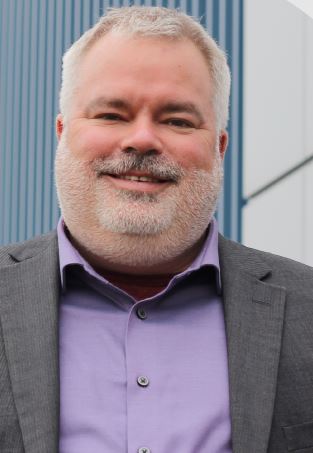
“We are ready to send qualified LFP materials to our partners for evaluation at tonne scale from our commercial scale reactors.” said Nano One’s Chief Commercialization Officer Mr. Denis Geoffroy, “These reactors performing are an important milestone in our commercialization strategy, to provide tonne scale samples to strategic partners and boost the confidence in our technology’s scalability. I am very proud of our team who achieved these results in a very short timeframe.”
2,000 tpa Commercial Reactors (existing):
Nano One has continued to optimize trials in the existing commercial scale reactors, reproducing lab and development results. This demonstrates the One-Pot process can scale to commercial volumes and advances the de-risking of the technology at commercial scale. This rapid advancement allows commercial scale LFP samples to be sent to qualified customers, ahead of schedule, for thorough evaluation and validation for the purposes of entering binding offtake agreements for both the existing Candiac plant and the first full commercial line to be built next door. Optimization will continue and the results have helped identify key processing parameters and will expedite the commercial scale-up process.
Successful repeatable LFP trials in the existing commercial scale reactors will lead to an accelerated refurbishment of the plant to automatize the use of the existing reactors for the One-Pot process. This will enable continuous production capabilities up to 2,000 tpa level toward the end of 2024.
200 tpa Pilot Reactors (new):
In parallel, the team has continued to work on the reception, installation, and commissioning of the 200 tpa One-Pot reactors. These reactors will provide important information to improve the processes and support validation in a cost-effective manner as the Company continues to innovate. They also allow Nano One to have a baseline automated production capacity of 200 tpa, ready to deliver to customers once they have validated the product.
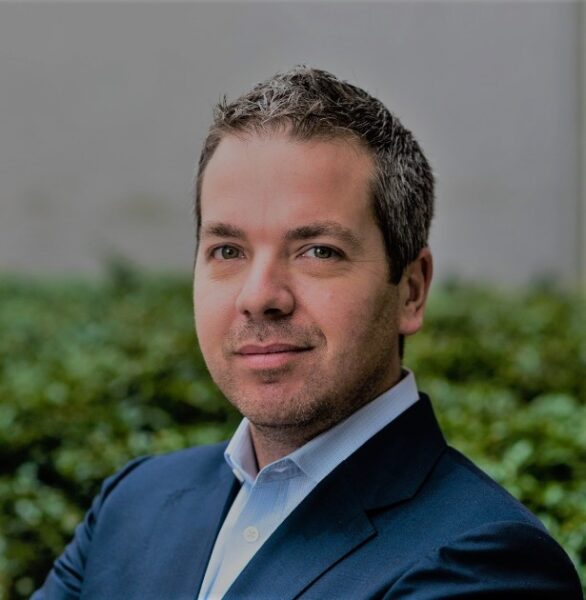
“The experience of our team has been invaluable in achieving these important milestones.” said Alex Holmes, COO, “Working concurrently with both the 200 tpa reactors and existing commercial scale reactors has fast tracked our commercialization efforts. We are setting the foundation for growth that can secure market share and enhance shareholder value. This couldn’t have been achieved without the unwavering dedication of our team and showcases the amazing talent we have at Nano One.”
“Being ahead of schedule and producing high-quality LFP cathode material is what we needed to fast-track Nano One’s progression to profitability.” said Andrew Muckstadt, VP Business Development, “While attending The Battery Show in Novi Michigan this week, we are able to talk to select customers about taking orders and potentially supplying them with LFP for their business plans in the future. As major players are still determining their supply chain and partners, we are demonstrating we have a viable product that can be produced in North America and replicated around the world.”

